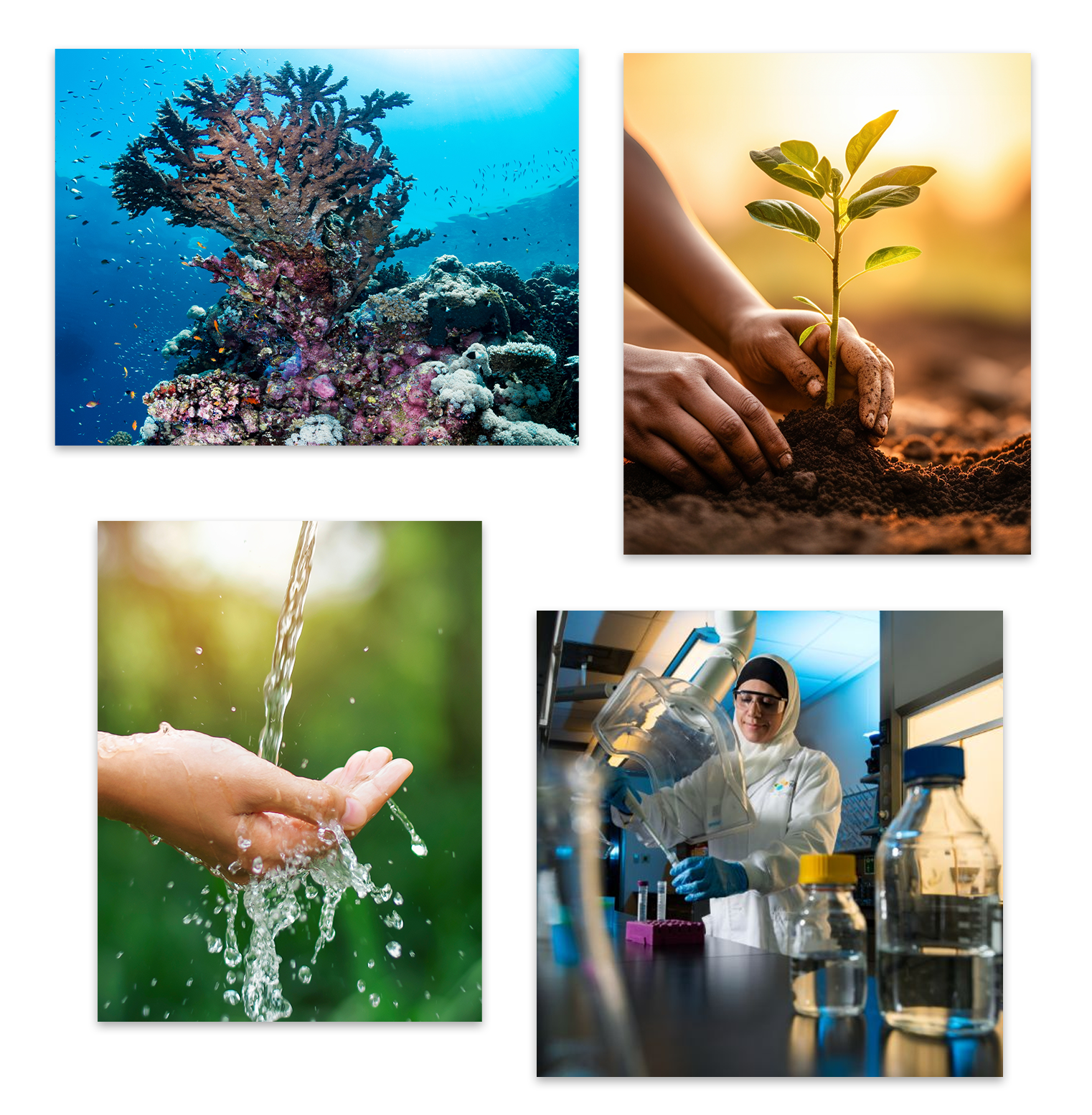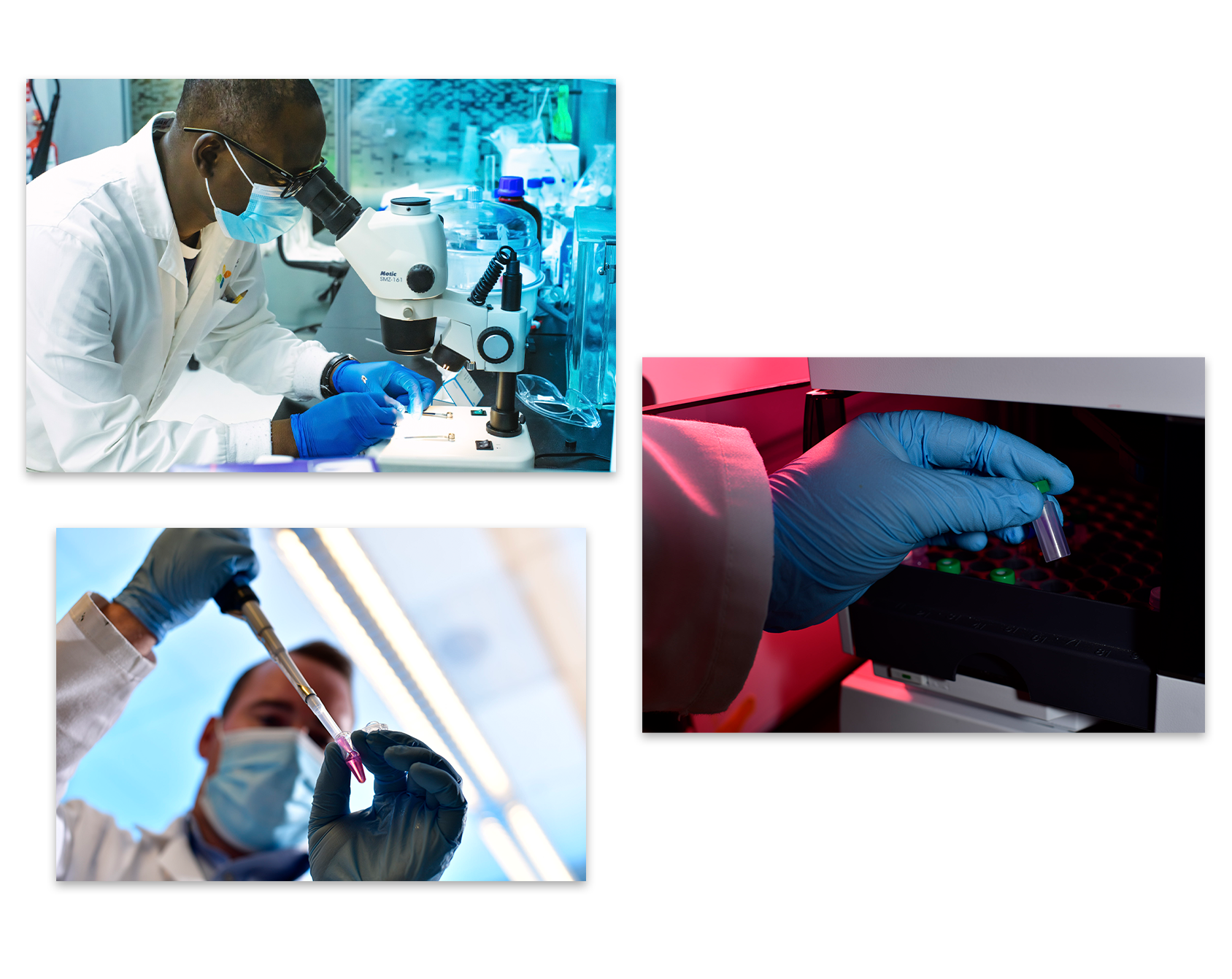Guided by Discovery
Identified by Impact

We are dedicated to advancing the understanding and management of marine, terrestrial, and human biology to ensure food, water, and soil security within healthy communities.
We offer master’s and Ph.D. degrees in science and engineering.

Discover data that highlight the strength, diversity and impact of our vibrant research community.
Explore our featured campaigns showcasing the bold ideas and impactful solutions driving BESE's mission.
23 February, 2026
Data collected at a pivotal time provide baseline information for coral reef resilience and management in the northeastern and central Red Sea.
23 February, 2026
On February 5, Prof. Brande Wulff and Prof. Simon Krattinger joined a public panel at the Azka Farmer’s Market in Jeddah, engaging with farmers, industry leaders, and the wider community on agricultural innovation and food security.
18 February, 2026
Brain-inspired network design for computation could lead to more accurate, higher-performance machine learning.
15 February, 2026
Faculty from the KAUST BESE Division recently joined more than 300 undergraduate students from the KAUST Gifted Student Program (KGSP) in Washington, D.C. for KGSP Convocation 2026, an annual gathering that reconnects Saudi Arabia’s most promising STEM students with the University shaping their future.
10 February, 2026
An ultrathin membrane enables energy-efficient freshwater production from seawater and brines at ambient temperature and pressure.
29 January, 2026
A unified protocol for chemical genomic screening aims to improve reproducibility and collaboration in addressing antimicrobial resistance.
Apr 2026
Professor Franziska Fichtner
In BESE, we advance scientific discovery and innovation through interdisciplinary collaboration, addressing global challenges with impactful research. Join us in shaping a sustainable future through excellence in science and technology.